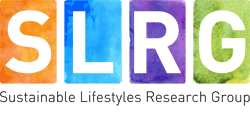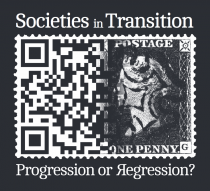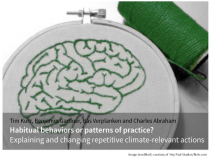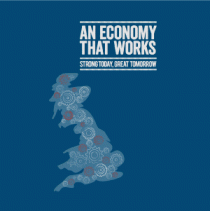- About
- Team
- Projects
- Children and the Environment
- ELiCiT (Exploring lifestyle changes in transition)
- Foundations for Sustainable Living
- HABITs
- Mapping Rebound Effects
- PASSAGE (Prosperity and Sustainability in the Green Economy)
- Policy Dialogue
- Price Responsiveness of Demand in Energy
- Resilience and Sustainable Lifestyles
- Sustainability Transitions in Food Systems
- Sustainable Living in Remote Rural Scotland
- Publications
- News
- Events
Missing carbon reductions? Exploring rebound and backfire effects in UK households
| Title | Missing carbon reductions? Exploring rebound and backfire effects in UK households |
| Publication Type | Journal Article |
| Year of Publication | 2011 |
| Authors | Druckman, A, Chitnis, M, Sorrell, S, Jackson, T |
| Journal | Energy Policy |
| Volume | 39 |
| Pagination | 3572-3581 |
| Abstract | Households are expected to play a pivotal role in reducing the UK’s greenhouse gas (GHG) emissions, and the UK Government is encouraging specific household actions to help meet its targets. However, due to the rebound effect, only a portion of the GHG emission reductions estimated by simple engineering calculations are generally achieved in practice. For example, replacing short car journeys by walking or cycling reduces consumption of motor fuels. But this frees up money that may be spent on, for example, purchasing extra clothes or flying on vacation. Alternatively, the money may be put into savings. Since all of these options lead to GHG emissions, total GHG savings may be less than anticipated. Indeed, in some instances, emissions may increase – a phenomenon known as ‘backfire’. We estimate that the rebound effect for a combination of three abatement actions by UK households is approximately 34%. Targeting re‐spending on goods and services with a low GHG intensity reduces this to a minimum of around 12%, while respending on goods and services with a high GHG intensity leads to backfire. Our study highlights the importance of shifting consumption to lower GHG intensive categories and investing in low carbon investments. |













